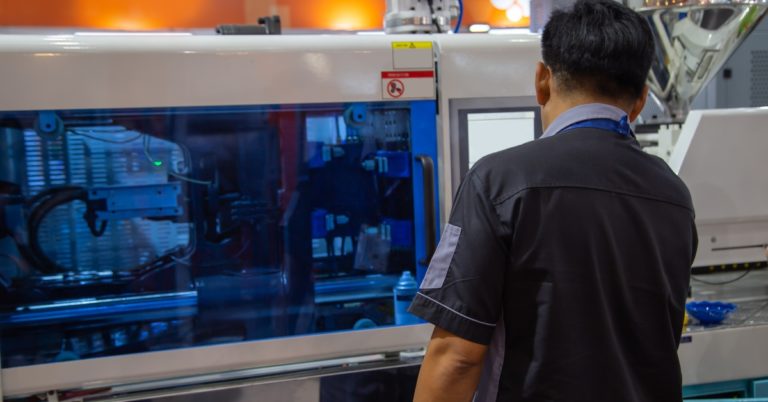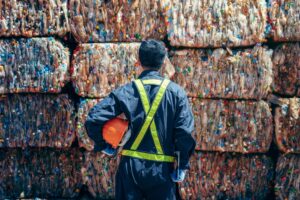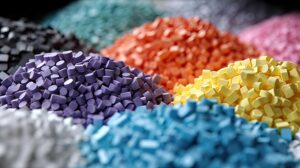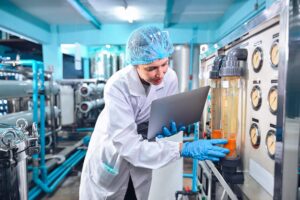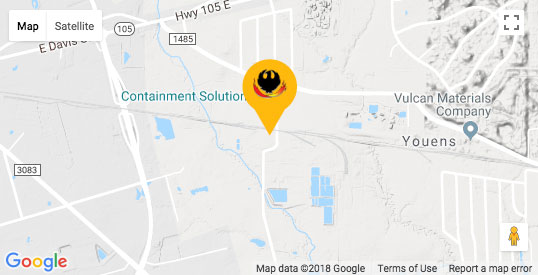The cycle reduction time of plastic production for manufacturers is important because of the competitive nature of the international market. This not only requires faster times for production but also with quality. In most cases, minimizing the time it takes to make a product can also mean risking product quality. However, for manufacturers that learn to do this correctly, it could mean a higher profit margin and great overall savings.
Most companies operate injection molding systems, blow molding, or both systems. Therefore, here at Phoenix Plastics, we offer manufacturers a couple of solutions to help with cycle reduction times.
Using Foaming Agents
There are many benefits to using chemical foaming agents, however. Some of the greatest benefits include reducing product weight and cost, due to less material consumption, as well as higher production efficiency. This also includes lowering processing temperatures to produce faster cycle times.
Overall, chemical foaming agents help improve cooling and
reduce molding machine energy. And all of this helps operators obtain cycle
time reduction by 10-20%, which translates to phenomenal savings.
Using Molecular Modifiers for Cycle Reduction
The beauty of molecular modifiers is that they change the
sheer forces and allow operators to melt plastics at much cooler temperatures.
In blow molding, by lowering the Delta T, manufacturers can still obtain a
quality product and reduce cycle times.
Cooling is Key
With the production of plastic products, cooling time, for example, is often half the time it takes to produce. So, when operators can reduce cooling times, this directly impacts the number of products they can make in given cycle time. Manufacturers ultimately want to drive down melting temperatures by bringing down Delta T in the cooling cycle.
Like most manufacturers, when it comes to cycle reduction, Phoenix Plastics understands that time is money in the case of production. As such, the number of products you can produce in a given year with the same quality directly impacts profits.
Connect with Phoenix Plastics
There a few other options available that will help with minimizing cycle times. However, our chemical foaming agents and molecular modifiers work well to effectively reduce cycle times. Correctly cooled products can certainly help with cycle reduction times from 30% to 40%. And less time also means more money! For assistance and more information, be sure to contact Phoenix Plastics online, or give us a call toll-free at 1-866-760-2311.

